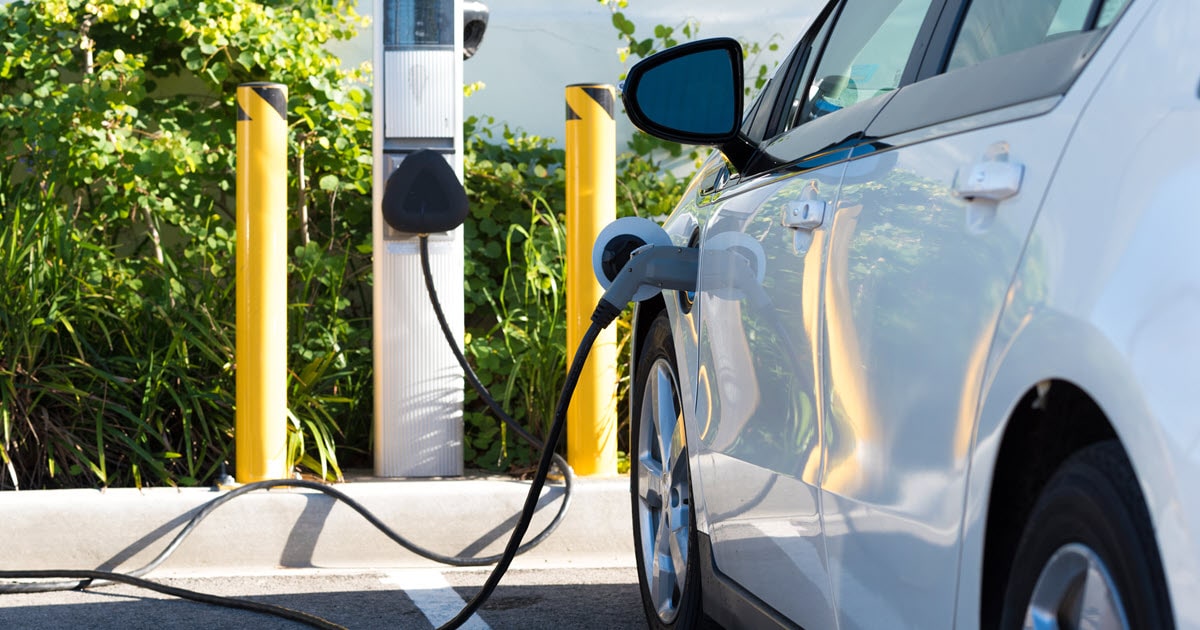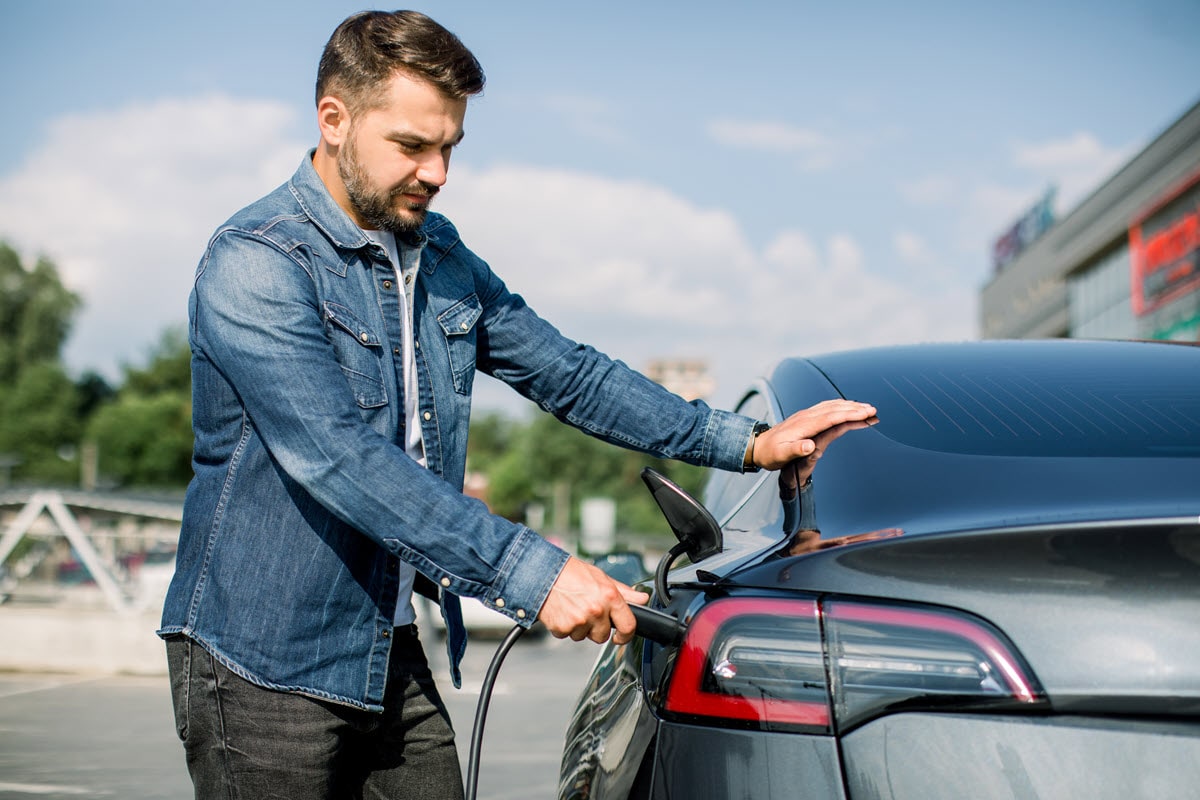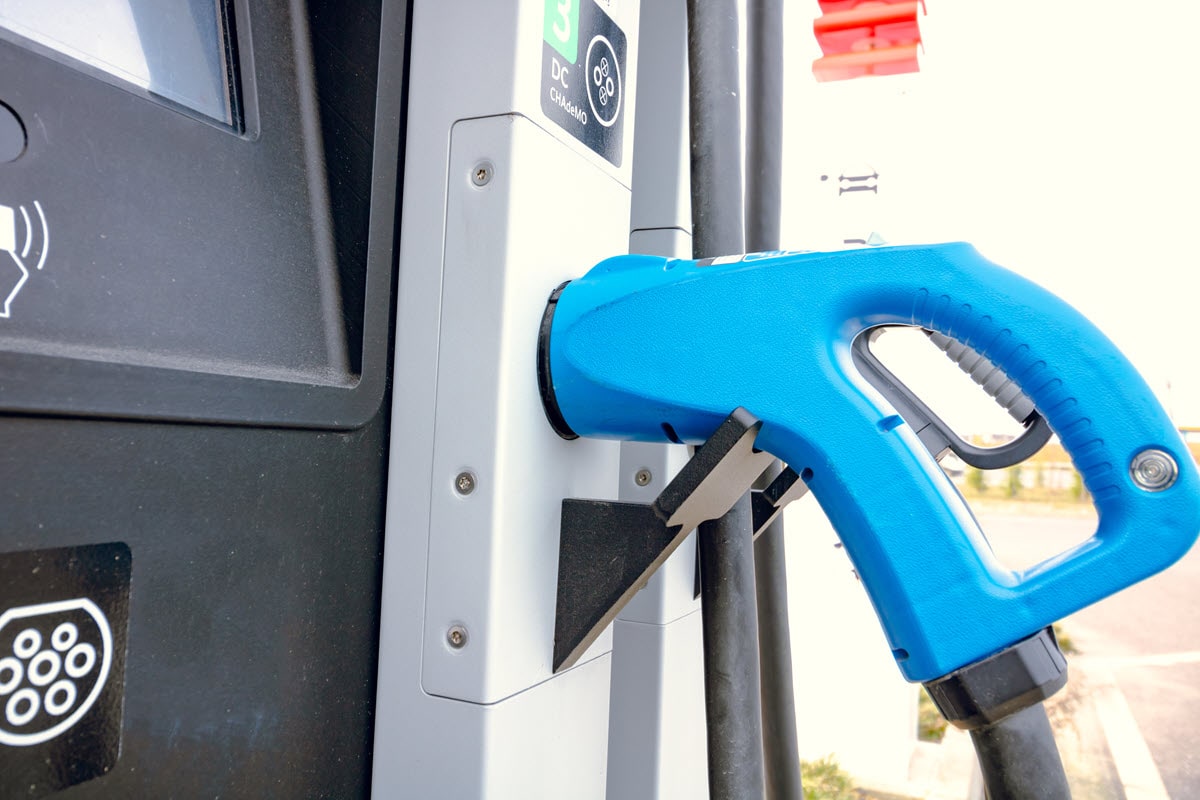
So you've finally made the switch and got your hands on a new electric car.
The open road awaits!
But before you hit the road, there are a few things you need to consider.
The question on everyone’s mind is ‘can an electric car really go the distance on a road trip?’ Well, the answer is yes! As long as you plan it right.
Our team at Summerstar Tourist Parks have made a list of EV road trip tips for you to consider before getting behind the wheel so you can make the most of your next electric adventure.
Before embarking on your WA road trip, it's important to map out where you're going and ensure there's enough time between charging stops. Nowadays there are tools such as EV trip planning apps to help you know where you can charge up next.
More and more charging stations are appearing right across Australia, so you’ll never be too far from one. However, a poorly planned trip could still leave you running out of ‘juice’ on the side of the road. So make sure you’ve got a plan before you get behind the wheel!

With only so many hours in a day, finding accommodation with electric vehicle charging stations is a must.
As the number of electric vehicles increases, so too does the number of hotels, holiday rentals and caravan parks providing charging stations. According to the Electric Vehicle Council, Australia has 2300 public charging stations spread out over the continent. They have created a map to help you plan your charging stops on your next road trip.
If you’re embarking on a road trip in Western Australia, Summerstar has a number of tourist parks that have Tesla Recharge points, offering a perfect place for you to get a good night's sleep and charge up. Visit our caravan parks page to discover which of our locations can accommodate your electric vehicle.
Charging your electric vehicle overnight is a great way to efficiently charge and always be ready to go!

In Australia, there are a few different types of EV charging stations.
As an electric vehicle owner, it's important to know that not all charging stations are the same and do not offer the same charging speeds. In fact, there are three different tiers of chargers that vary in efficiency.
The slowest charging type is when you plug straight into a regular wall socket. This option will take you from 0% to 100% in 30-50 hours depending on the size of your vehicle's battery.
The most common type of charger found in homes, workplaces and shopping centres will get you fully charged in 2 to 6 hours.
The Direct Current or DC charger is the fastest charging option. Costs and charging speeds can vary but they will usually charge your battery in under an hour.
While it may be tempting to explore the full capacity of your electric vehicle on the open road, putting your foot down can quickly drain your battery. Driving at highway speeds for long distances can decrease your range.
But don’t worry, hope is not lost! There are a few things you can do to stretch your range.
The number one thing you can do is minimise unnecessary battery use. Avoid charging mobile devices, using lights, running air conditioning and go easy on the accelerator.
When selecting which EV vehicle to lease or buy, look at their long-distance variants that often provide a far greater distance of travel. The longer your car drives, the less you will need to stop off and charge up during your road trip.
Another easy way to maximise your travel distance is by planning charging times around activities, allowing you to top up along the way. Charging stations are often located near restaurants and major attractions so it makes sense to plug in while you have a bite to eat.
Check out our travel guides page to discover some of the major WA attractions not to miss!
How much does it cost to charge an electric vehicle?
In Australia, it costs between $11.50 and $23 to fully charge a smaller vehicle and about $22.50 to $45 to charge a larger long-distance EV. The cost to charge an electric vehicle largely depends on the size of the battery in that vehicle.
How far can an electric vehicle travel on one charge?
Most electric vehicles nowadays can travel between 400 km and 1000 km on a single charge. However, factors such as the weather, the speed you travel at and how much luggage you are carrying can all affect this number.
What are the different types of electric vehicles?
There are 3 main types of electric vehicles including Battery Electric Vehicles, Hybrid Electric Vehicles and Fuel Cell Electric Vehicles. BEVs are fully powered by electricity whereas HEVs use both a regular engine and an electric motor. FCEVs work when electric energy is produced from chemical energy.